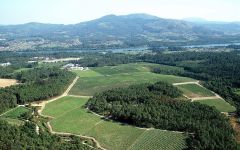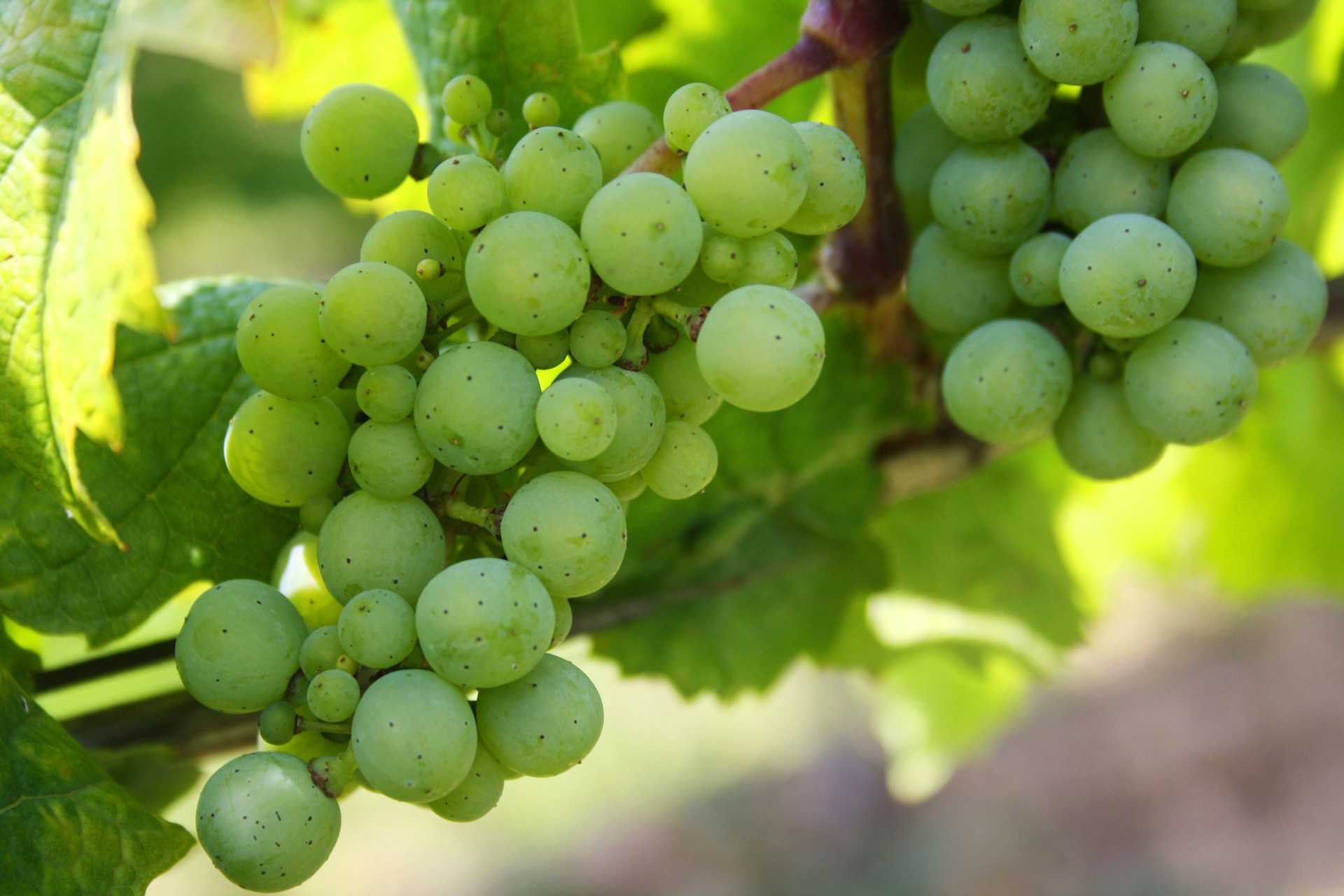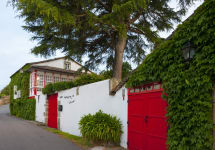Santiago Ruiz Rias Baixas White 2010
-
Robert
Parker


Product Details
Your Rating
Somm Note
Winemaker Notes
Professional Ratings
-
Robert Parker's Wine Advocate
Santiago Ruiz’s 2010 Blend is made up of 70% Albarino, 15% Loureiro, 10% Caino, with the balance Treixadura and Godello fermented and aged in stainless steel. It offers up a fragrant bouquet of jasmine, nutmeg, lemon and other citrus fruits, and stony minerals. Complex and lengthy on the palate, this nicely proportioned offering will provide enjoyment for several more years.






Santiago Ruiz is located in an idyllic, peaceful setting surrounded by several acres of old vines trellised in the traditional style. Lovingly housed in a charming 17th century building, the winery perfectly combines time-honored tradition with the very latest advances in technology.
The estate is based in the heart of the municipality of Tomiño. Here, in a spectacular expanse of soils rich in minerals and surrounded by forests, 94 acres of native grape varieties true to the area are cultivated: Albariño, Loureiro, Treixadura, Caiño Blanco and Godello. In 2007 Santiago Ruiz completed construction on a new winery in Tomiño, at the foot of the vineyards equipped with the most advanced technology.

With hundreds of white grape varieties to choose from, winemakers have the freedom to create a virtually endless assortment of blended white wines. In many European regions, strict laws are in place determining the set of varieties that may be used in white wine blends, but in the New World, experimentation is permitted and encouraged. Blending can be utilized to enhance balance or create complexity, lending different layers of flavors and aromas. For example, a variety that creates a soft and full-bodied white wine blend, like Chardonnay, would do well combined with one that is more fragrant and naturally high in acidity. Sometimes small amounts of a particular variety are added to boost color or aromatics. Blending can take place before or after fermentation, with the latter, more popular option giving more control to the winemaker over the final qualities of the wine.

Named after the rías, or estuarine inlets, that flow as far as 20 miles inland, Rías Baixas is an Atlantic coastal region with a cool and wet maritime climate. The entire region claims soil based on granite bedrock, but the inlets create five subregions of slightly different growing environments for its prized white grape, Albariño.
Val do Salnés on the west coast is said to be the birthplace of Albariño; it is the coolest and wettest of all of the regions. Having been named as the original subregion, today it has the most area under vine and largest number of wineries.
Ribeira do Ulla in the north and inland along the Ulla River is the newest to be included. It is actually the birthplace of the Padrón pepper!
Soutomaior is the smallest region and is tucked up in the hills at the end of the inlet called Ria de Vigo. Its soils are light and sandy over granite.
O Rosal and Condado do Tea are the farthest south in Rías Baixas and their vineyards actually cover the northern slopes of the Miño River, facing the Vinho Verde region in Portugal on its southern bank.
Albariño gives this region its fame and covers 90% of the area under vine. Caiño blanco, Treixadura and Loureira as well as occasionally Torrontés and Godello are permitted in small amounts in blends with Albariño. Red grapes are not very popular but Mencía, Espadeiro and Caiño Tinto are permitted and grown.
